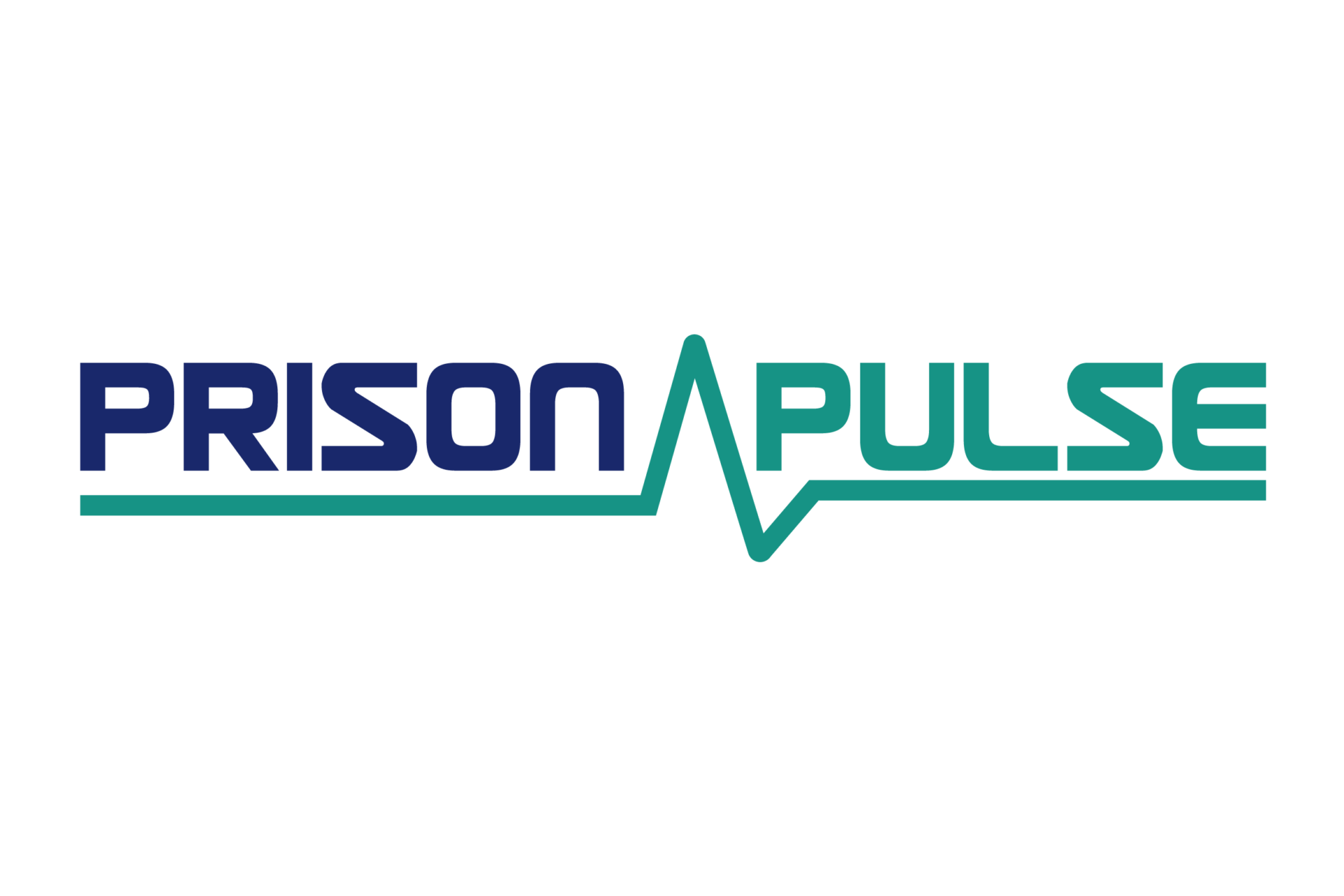NOTE: This is a personal blog, any views or opinions represented in this blog belong solely to the CIFFConsulting Team. “WE ARE NOT Psychologists or Therapy Professionals,” all data and information on these blogs is for informational purposes ONLY. In the comments section we are hoping that people can outline their experiences and foster communication that will assist others going through similar events.
Drug-Free Prisons Act:
Changes to the Law Concerning Drug and Alcohol Testing, Parole, and Release Conditions for Offenders
The Drug-Free Prisons Act (formerly Bill C-12) is law.
What has changed & how it affects the Inmate?
Cancellation of parole if you refuse to provide a urine sample or have a positive urinalysis test result.
If you have been granted day or full parole, and you refuse to provide a urine sample or test positive for drugs or alcohol before your release, the Correctional Service of Canada (CSC) will inform the Parole Board of Canada (PBC) as soon as this information is available. The PBC will then review your case and cancel your parole if the criteria for granting parole are no longer met.
If you still meet the criteria for parole, you may still be released but conditions on your parole may be imposed. For example, the PBC may impose a condition to abstain from drugs or alcohol or avoid places where alcohol is sold.
Imposing conditions relating to the use of drugs or alcohol
The Drug-Free Prisons Act also gives the PBC more authority to add drug and alcohol conditions to the parole, statutory release or unescorted temporary absence of an offender if drugs or alcohol were part of that offender’s criminal behaviour. This was already part of the PBC’s authority, but is now clearly set out in the law.
QUESTIONS AND ANSWERS:
1. How will this change urinalysis testing? The Drug-Free Prisons Act does not change the way CSC conducts its urinalysis tests. CSC will continue to do urinalysis tests in the institution if:
a) They believe an offence has been committed.
b) It’s part of the monthly random selection urinalysis process.
c) if they need to confirm you are following the conditions of your program(s) and conditional release. D) if you are participating in an activity or program involving the community.
However, CSC will promptly let the PBC know if after having been granted parole but not yet released to the community, an offender refuses to give a urine sample or has a “positive” urinalysis test result.
2. What happens if the Inmate Do Test Positive for drugs or alcohol but do not have an upcoming parole release? Offenders who have a “positive” urinalysis test result or do not provide a urine sample when asked may face disciplinary sanctions, such as a fine, loss of privileges or transfer to a higher security level.
3. What happens if I do test positive for drugs or alcohol and have been granted parole, but not yet released into the community?
For inmate who have been granted parole but have not yet been released into the community, their parole may be cancelled. Inmates with a “positive” urinalysis test result may need to provide a sample each month until three negative samples are taken.
4. How will these changes help? According to CSC the changes will help reduce the use of drugs and alcohol in the penitentiaries. CSC believes this will make penitentiaries safer for visitors, staff and offenders. Plus they feel it will help offenders take more responsibility for their rehabilitation.

